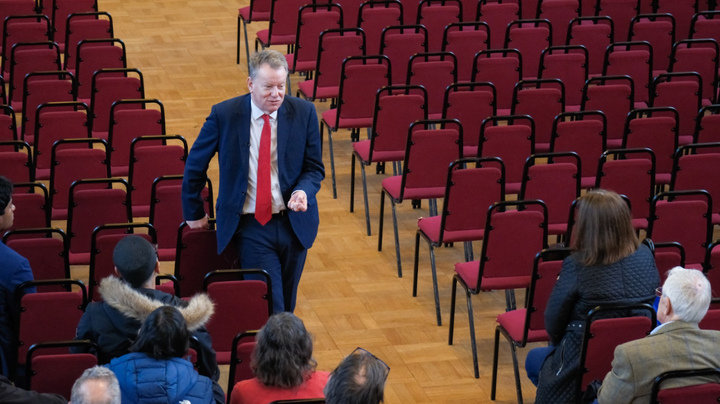South Africa's informal job sector

Annabel Dickinson
(The following article is the runner-up of this year's Economics Alive competition for year 12 economics students)
The roads around Cape Town, in South Africa, are filled with locals selling a variety of objects to commuters passing by. The informal job sector in South Africa was partially caused by the policies of apartheid which was legislated by the National Party who came to power in 1960 till around 1983. Corruption, which is a consequence of segregation, led to around five thousand people being employed in the informal work sector in 2020. The existence of street vendors shows the inequality in the economy and why South Africa is now working to decrease unemployment in the country, 32.6% of the economically active population is actively looking for jobs.
One problem for the poorer percentage of the country is transport. 75% of South Africa's population lives in townships on the outskirts of cities. The people in these communities cannot afford cars and bikes, and with there being no public transport anywhere else but in the major cities, people are forced to walk long distances to work. Not only can this be dangerous, but they also are having to sacrifice sleep and time with their family to get to work on time. This can reduce the incentive to find work, and if people cannot get to work then they must rely on begging and working for themselves to create an income. Thus, increasing the number of people who work informally.
Another reason for the high percentage of people working in the informal sector is inequality. In 2023 the percentage of unemployed Black South Africans was 36.8%, whilst the percentage of White South Africans who were unemployed was 7%. The dramatic difference in opportunity between Black and White South Africans is the reason for the inequality within the economy. During apartheid, schooling for White South Africans was far better and controlled than for Non-Whites, which caused a problem for people when applying for jobs because the Black population were less educated and had fewer qualifications. This resulted in White people getting higher-level jobs and made Black people unable to compete. Consequently, this has led to a cycle because now the population who got lower-level jobs are poorer and today might not be able to fund their children for further education. This problem leaves many people in the poverty cycle and unable to escape.
The government are introducing policies to reduce unemployment and corruption within the country. For example, they have introduced a wage subsidy, by which every child, when they reach 18, will receive a bank account with R5000 in it. The firm that employs the child will be able to withdraw up to R417 each month from each employee's subsidies account, after 12 months the account will be exhausted. This policy works to encourage employment because the firm will be incentivised to employ people, to get the relief of the money from the accounts, and it will redistribute income. Therefore, this strategy will reduce unemployment and the informal economy whilst helping to limit corruption.




Comments ()